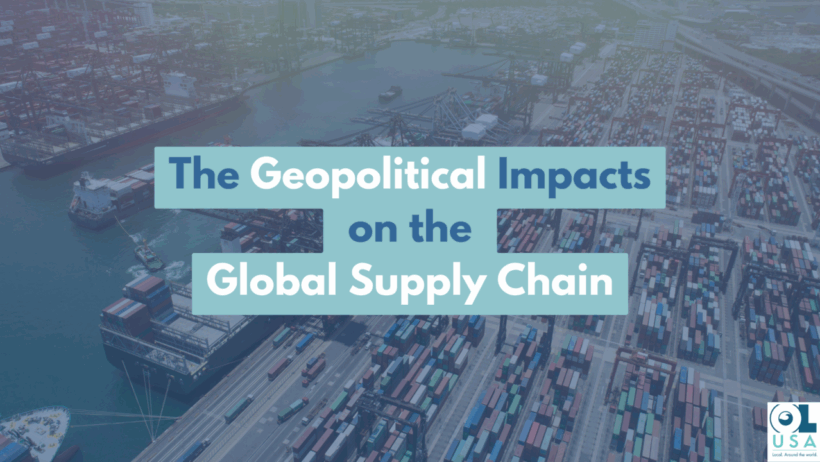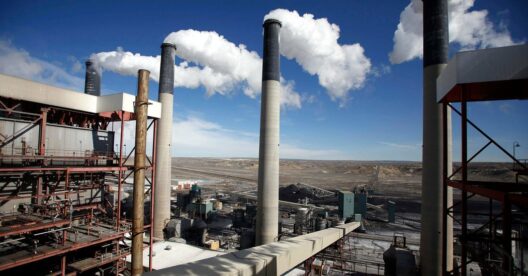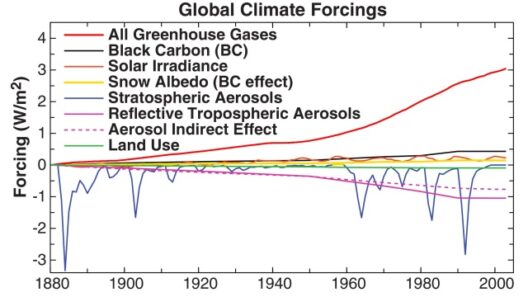Israel, a country characterized by its partially arid climate, diverse landscapes, and intricate geopolitical dynamics, finds itself at a critical juncture. As global warming intensifies, the ramifications extend far beyond environmental degradation; they permeate the very fabric of national security and strategic planning. Israel’s geopolitical gauntlet is woven with complexities arising from climate change, necessitating a multifaceted approach to navigate these challenges effectively.
The nexus of climate change and geopolitics is particularly salient in the context of Israel, situated in a volatile region where water scarcity and territorial disputes coalesce. The ongoing warming of the planet exacerbates existing tensions, triggering a cascade of challenges that demands urgent attention. This multifarious situation compels Israel to reconsider its water management policies, energy resources, and agricultural practices, as these areas are significantly impacted by climate variability.
Water security is perhaps the most immediate concern. Israel’s arid climate limits freshwater availability, and climate change intensifies drought conditions. The ensuing water shortages give rise to competition—not just between Israelis and Palestinians but also among neighboring states—leading to potential conflicts that threaten regional stability. Historically, water has been a point of contention; thus, as climate projections suggest more severe and prolonged droughts, the urgency to establish equitable water-sharing agreements becomes paramount. The entity that gains control over dwindling resources may exert disproportionate influence over its neighbors, reconfiguring power dynamics in the region.
In addition to water scarcity, the energy landscape in Israel is undergoing tectonic shifts due to the twin pressures of geopolitical imperatives and climate change. The discovery of offshore natural gas reserves has reshaped Israel’s energy strategy significantly, promising to ease energy dependence while also positioning the state as a potential energy supplier in the Eastern Mediterranean. However, reliance on fossil fuels contradicts the global imperative for a transition to renewable energy sources. As Israel navigates its energy future, balancing domestic needs with international expectations poses a compelling challenge. Investments in solar power—an abundance given Israel’s sunny disposition—could bolster energy security while contributing to climate mitigation efforts on a broader scale.
The agricultural sector, serving as a cornerstone of Israel’s economy and identity, is likewise ensnared in escalating climatic uncertainties. The country’s agricultural practices have long been heralded as innovative; yet, the specter of climate change threatens to undermine these advancements. Diminished rainfall and increased temperatures disrupt traditional farming schedules, yielding decreased crop production and threatening food security. As a response, Israel’s agricultural sector must pivot towards resilience through smart technologies and sustainable practices. Innovative irrigation techniques, such as drip irrigation which maximizes water use efficiency, exemplify adaptation strategies that can safeguard this critical sector.
Beyond immediate resource concerns, the geopolitical landscape is reshaped by the intersections of climate migration and conflict. Coastal erosion and rising sea levels threaten Israel’s shoreline, potentially displacing populations and amplifying refugee crises in neighboring regions. As climate-induced migrations occur, the influx of climate refugees could strain borders and ignite tensions. Israel, with its robust security apparatus, must prepare for the potential influx of displaced populations, necessitating comprehensive humanitarian and security response strategies. Such scenarios require foresight and collaboration, challenging Israel to prioritize diplomacy and support regional dialogue.
Israel’s position within the international community complicates its strategic responses to climate change. As a relatively small nation, Israel must navigate global alliances that may at times conflict with its security-oriented policies. International cooperation on climate change mitigation presents both opportunities and hurdles. For instance, engaging in joint ventures focused on clean technology could bolster Israel’s standing in diplomatic circles, yet necessitates a delicate balance to ensure national security interests are preserved. Moreover, Israel’s relationships with its neighbors and broader global powers, including the United States and European Union, will significantly influence its climate-related strategies.
In parallel, the internal dynamics within Israeli society must be considered. Public awareness of climate issues is burgeoning; people are increasingly mobilizing around environmental advocacy. There is a growing demand for governmental accountability in environmental policy and action. As citizens advocate for sustainable practices, the government must respond proactively, spearheading initiatives that not only address climate change but resonate with the populace. Engaging civic organizations and incorporating community-driven solutions can foster a collective effort in overcoming the barriers posed by climate change.
The road ahead for Israel is fraught with complexity, yet it holds substantial promise for reinvention and resilience. As it confronts the intricate interplay of climate change and geopolitical realities, Israel must adopt a holistic approach that factors in environmental, economic, and social dimensions. Upholding water security, restructuring energy reliance, enhancing agricultural resilience, preparing for socio-political repercussions of climate migration, and fostering international cooperation are essential elements of this multifaceted strategy.
Ultimately, Israel’s capacity to harness innovation, engage in meaningful dialogue, and adapt proactively to an evolving climate landscape will be pivotal. The interplay between climate change and geopolitics is not merely an environmental issue; it represents a fundamental challenge to national identity, security, and collaborative existence in an increasingly interdependent world. With astute navigation, Israel can transform its geopolitical gauntlet into a pathway toward sustainability, equity, and peace.







